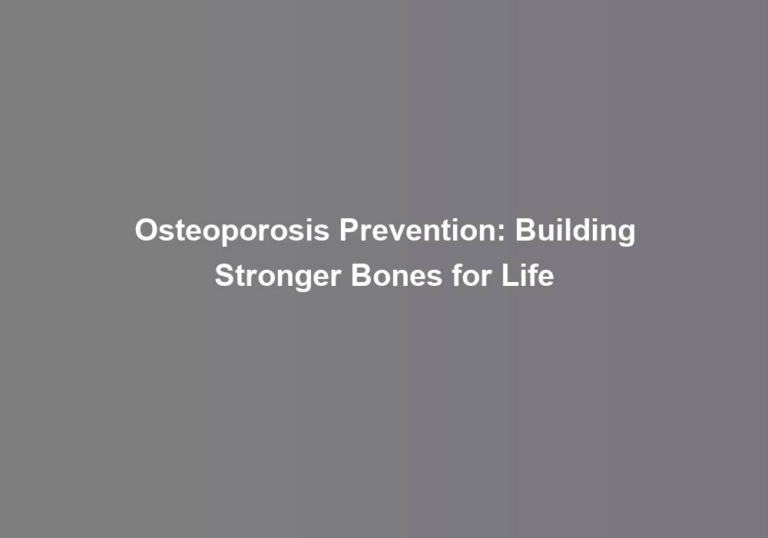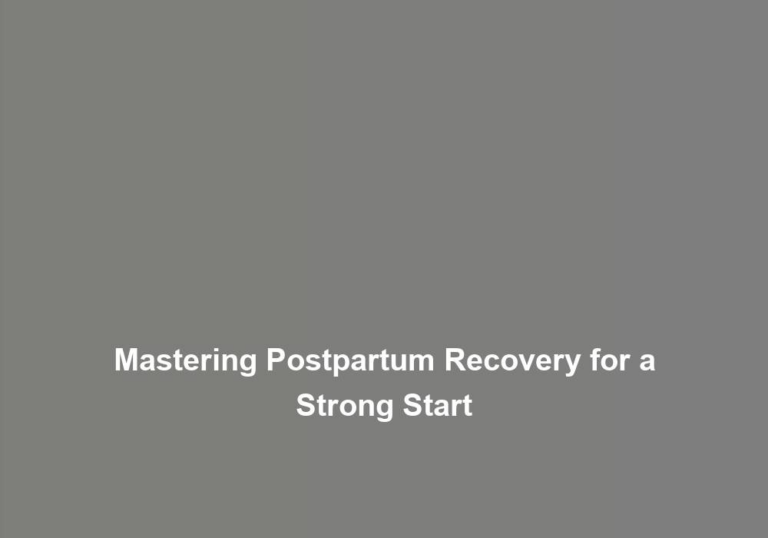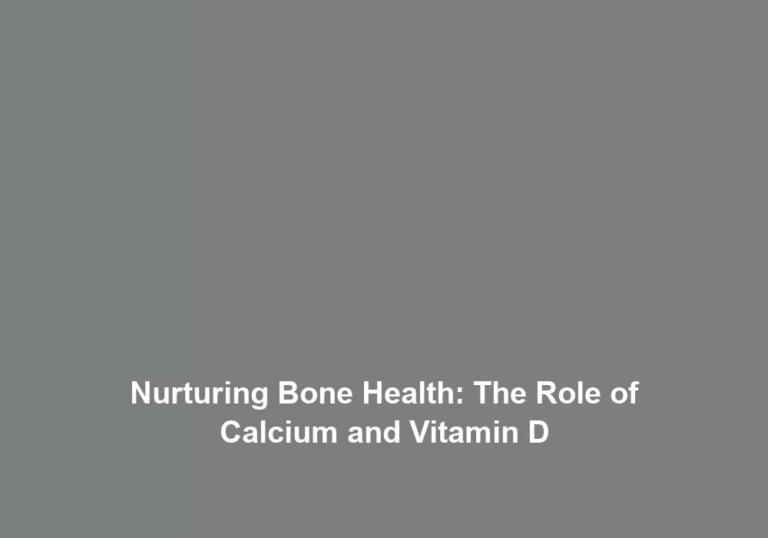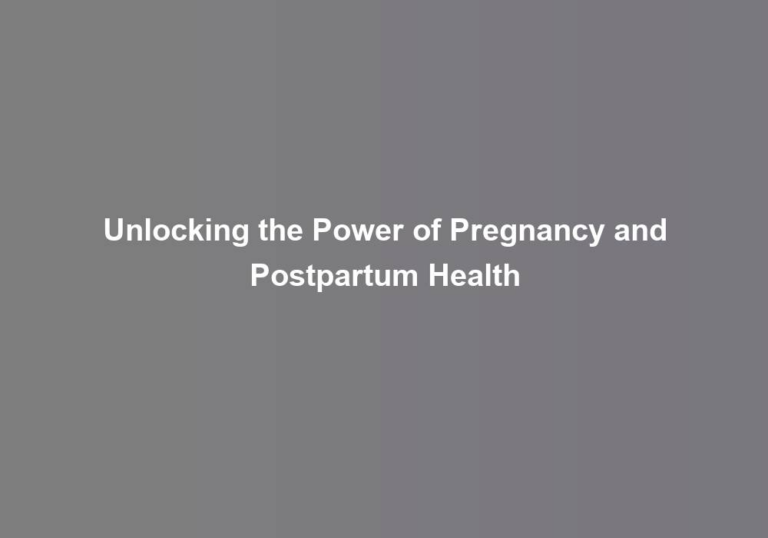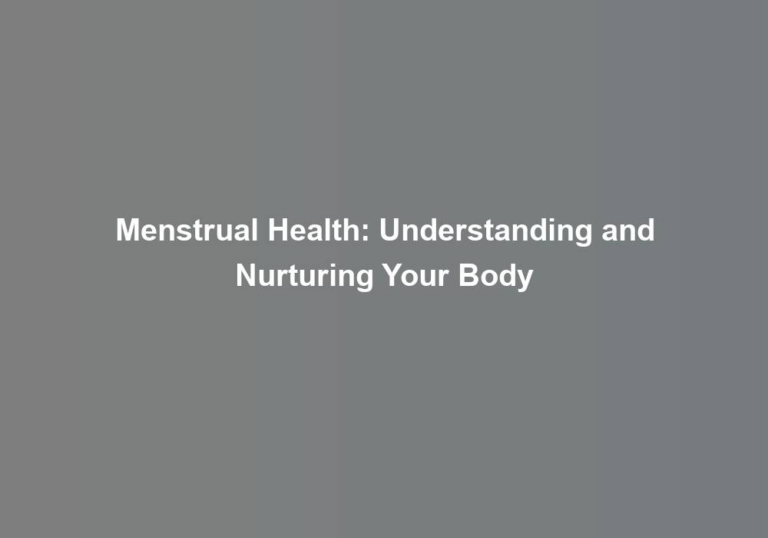Mastering Bone Health: Essential Tips for Women
Imagine your bones as the foundation of a house – strong and resilient, providing support and stability. Now, picture what happens when the foundation weakens and begins to crumble. Just like a house, your bones require maintenance and care to remain strong and sturdy. As a woman, you face unique challenges when it comes to bone health, but with the right knowledge and proactive steps, you can ensure that your bones stay healthy and strong for years to come. So, what are the essential tips and strategies you need to know to maintain optimal bone health?
Understanding Bone Density
Understanding your bone density is crucial for maintaining strong and healthy bones as you age. ItG??s a key indicator of your bone strength and can give insight into your osteoporosis risk. Bone density refers to the amount of bone tissue in a certain volume of bone. The higher your bone density, the stronger and less prone to fractures your bones are.
As a woman, itG??s essential to be proactive about understanding and monitoring your bone density. This information empowers you to take steps to maintain or improve it, reducing the risk of osteoporosis and fractures. Factors such as genetics, age, hormonal changes, and lifestyle choices can all influence bone density. By being informed about your bone density, you can make decisions that positively impact your bone health.
One practical and empowering way to understand your bone density is through a bone mineral density (BMD) test. This painless and non-invasive test measures the density of your bones, usually focusing on your hip and spine, areas most susceptible to fractures. The results can give you valuable information about your bone health and potential risk for osteoporosis. With this knowledge, you can work with your healthcare provider to develop a proactive plan to support your bone strength and overall well-being.
Importance of Calcium
Now that you comprehend the significance of bone density, letG??s explore the vital role that calcium plays in maintaining strong and healthy bones. Calcium is not only essential for bone health maintenance but also for various bodily functions. It is crucial for muscle contraction, nerve transmission, and most importantly, for the development and maintenance of strong bones. You need to ensure that you are getting enough calcium in your diet to support these vital functions.
| Importance of Calcium | Your Action Plan |
|---|---|
| Calcium absorption | Consume foods rich in vitamin D to aid calcium absorption. |
| Bone health maintenance | Incorporate calcium-rich foods such as dairy products, leafy greens, and fortified foods into your diet. |
| Supporting bodily functions | Regularly engage in weight-bearing exercises to help maintain bone density and overall bone health. |
Role of Vitamin D
To maintain strong and healthy bones, itG??s essential to recognize the crucial role that vitamin D plays in calcium absorption and overall bone health. Vitamin D is essential for your bodyG??s ability to absorb calcium, a vital mineral for bone strength. Without enough vitamin D, your body can only absorb a small amount of the calcium you consume, regardless of how much calcium you take in. This can lead to weakened bones and an increased risk of fractures.
One way to ensure that youG??re getting enough vitamin D is through sunlight exposure. When your skin is exposed to sunlight, it produces vitamin D. Aim for about 10-30 minutes of sunlight exposure at least twice a week, particularly on your face, arms, back, or legs, without sunscreen. However, itG??s essential to balance this with the need to protect your skin from harmful UV rays, so be mindful of the recommended sun exposure times in your area.
In addition to sunlight, vitamin D supplementation can also be beneficial, especially for individuals with limited sun exposure or those who have darker skin, which reduces the skinG??s ability to produce vitamin D. Consider talking to your healthcare provider about whether vitamin D supplementation is right for you, as they can recommend the appropriate dosage based on your individual needs.
Weight-Bearing Exercises
Engage in weight-bearing exercises to improve your bone strength and overall bone health. Strength training is a crucial component of bone health for women. By incorporating weight-bearing exercises into your routine, you can help prevent osteoporosis and maintain strong, healthy bones.
Strength training offers numerous benefits for bone health. When you engage in weight-bearing exercises, such as lifting weights, using resistance bands, or performing bodyweight exercises like squats and lunges, you stimulate bone growth and increase bone density. This helps to reduce the risk of fractures and osteoporosis, especially as you age. Additionally, strength training can improve balance and coordination, further reducing the likelihood of falls and related bone injuries.
To maximize the osteoporosis prevention benefits of weight-bearing exercises, itG??s important to focus on activities that specifically target bone strength. Incorporate exercises that place stress on the bones, such as weightlifting, hiking, dancing, and stair climbing. These activities encourage the bones to adapt and become stronger over time.
When implementing a strength training routine, aim for consistency and gradual progression. Start with a weight or resistance level that challenges you without causing strain or injury. As you build strength, gradually increase the intensity to continue stimulating bone growth and maintaining bone health.
Dietary Considerations
To maintain strong and healthy bones, itG??s important to pay attention to your dietary choices. Incorporating calcium-rich foods, such as dairy products, leafy greens, and fortified cereals, can help support bone health. Additionally, donG??t forget the importance of vitamin D, which can be obtained through sunlight exposure and foods like fatty fish and fortified dairy products. Balancing your nutrition to include these essential elements can contribute to maintaining strong bones as you age.
Calcium-Rich Foods
Boost your calcium intake with a variety of dairy products, leafy greens, and fortified foods to support your bone health. These foods are not only rich in calcium but also aid in nutrient absorption, ensuring that your body can effectively utilize the calcium you consume. Here are some calcium-rich options to incorporate into your diet:
- Dairy products: Milk, yogurt, and cheese are excellent sources of calcium.
- Leafy greens: Spinach, kale, and collard greens are packed with calcium and other essential nutrients.
- Fortified foods: Look for fortified orange juice, cereals, and plant-based milk alternatives to boost your calcium intake.
- Tofu: Opt for tofu made with calcium sulfate to increase your calcium consumption.
- Sardines: These small fish with edible bones provide a good dose of calcium.
Incorporating these foods into your meals will help you maintain strong and healthy bones.
Vitamin D Importance
Ensuring adequate vitamin D intake through your diet is essential for supporting calcium absorption and maintaining strong bones. Sunlight exposure is a natural way for your body to produce vitamin D. Aim for 10-30 minutes of sun exposure on your face, arms, back, or legs, at least twice a week. However, depending on your location and the time of year, it may be challenging to get enough vitamin D from sunlight alone. In such cases, supplementation can be beneficial. Vitamin D deficiency can lead to weakened bones, increased risk of fractures, and may even contribute to conditions like osteoporosis. Therefore, itG??s crucial to be aware of the health implications of insufficient vitamin D levels and take proactive measures to ensure you meet your bodyG??s needs.
Balanced Nutrition for Bones
Support your bone health through balanced nutrition, which plays a crucial role in ensuring strong bones and preventing deficiencies that can impact your overall bone strength. When it comes to maintaining your bone health, focus on incorporating the following dietary considerations into your daily routine:
- Calcium-rich Foods: Include dairy products, leafy greens, and fortified foods in your diet.
- Vitamin D Sources: Ensure adequate intake of sunlight, fortified foods, and oily fish for optimal calcium absorption.
- Protein Intake: Consume lean meats, poultry, fish, beans, and nuts to support bone structure and strength.
- Healthy Fats: Incorporate sources of omega-3 fatty acids, such as salmon and flaxseeds, to reduce inflammation and support bone health.
- Nutritional Supplements: Consider taking supplements like calcium, vitamin D, and magnesium to fill any nutritional gaps and support bone health maintenance.
Lifestyle Factors
Taking care of your bone health through your lifestyle choices is essential for maintaining strong and healthy bones as you age. Lifestyle factors such as stress management and smoking cessation play a crucial role in ensuring the well-being of your bones. By making conscious decisions and adjustments in your daily routine, you can significantly impact your bone health and overall quality of life.
Here are some practical lifestyle choices you can make to promote bone health:
| Lifestyle Factor | Description | Tips |
|---|---|---|
| Stress Management | Chronic stress can weaken bones over time. | Practice yoga or meditation |
| Smoking Cessation | Smoking interferes with calcium absorption. | Seek support to quit smoking |
Managing stress through activities like yoga or meditation can help reduce the negative impact of chronic stress on your bones. Additionally, seeking support to quit smoking can significantly improve your bone health by allowing for better calcium absorption.
Incorporating these lifestyle changes may seem challenging at first, but the long-term benefits for your bone health are immeasurable. By taking proactive steps to manage stress and quit smoking, you are not only investing in your bone health but also improving your overall well-being. Remember, every small change you make in your lifestyle can have a positive impact on the strength and health of your bones.
Conclusion
Now that you have the essential tips for mastering bone health, itG??s time to take charge of your wellbeing. Remember, strong bones are the foundation of a healthy and active lifestyle. So, donG??t let them slip through your fingers like sand. Stay informed, make smart choices, and keep those bones as sturdy as a fortress. YouG??ve got this!


